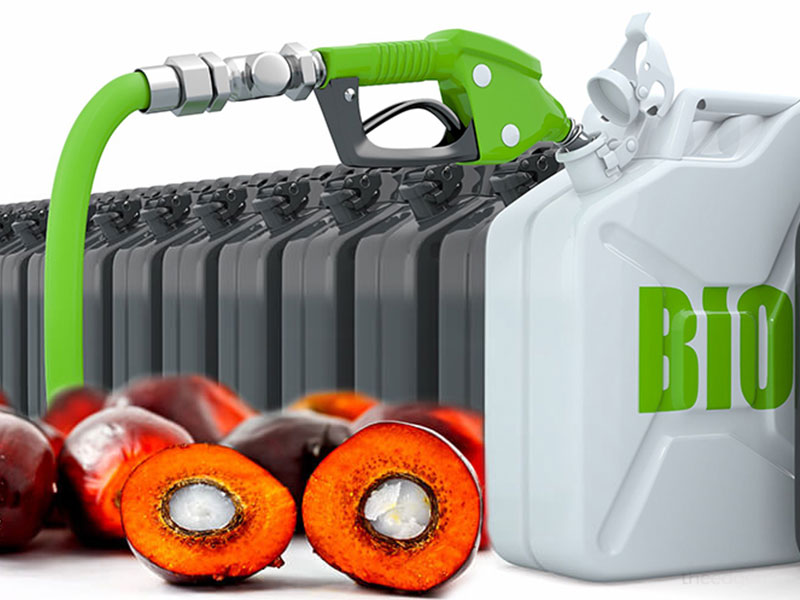Indonesia is expanding its biodiesel program, which requires a blend of 30% palm oil and 70% petroleum diesel, to 40% palm oil by 2030. This could have implications for Sri Lanka, which is a major importer of palm oil.
The expansion of Indonesia’s biodiesel program could lead to higher palm oil prices, which would make it more expensive for Sri Lanka to import palm oil.
This could in turn lead to higher food prices in Sri Lanka, as palm oil is a major ingredient in many food products.
In addition, the expansion of Indonesia’s biodiesel program could lead to a shortage of palm oil for food consumption. This is because the increased demand for palm oil for biodiesel production could outstrip the supply.
This could lead to food shortages and higher food prices in Sri Lanka and other countries that rely on imported palm oil.
However, there are also some potential benefits for Sri Lanka from Indonesia’s biodiesel program.
For example, the program could help to reduce Indonesia’s reliance on imported petroleum, which could lead to lower energy prices in Indonesia.
This could benefit Sri Lanka, as Indonesia is a major trading partner.
Overall, the implications of Indonesia’s biodiesel program for Sri Lanka are mixed.
There are both potential risks and benefits. It is important to carefully consider these factors before making any decisions about how to respond to the program.
Sri Lanka and Bio diesal
Sri Lanka could also explore its own biodiesel program, which could help to reduce the country’s reliance on imported petroleum.
Sri Lanka could invest in research and development of new biofuels, which could reduce the country’s reliance on palm oil.
Sri Lanka could also work with Indonesia to develop a mutually beneficial agreement on the trade of palm oil and biodiesel.







